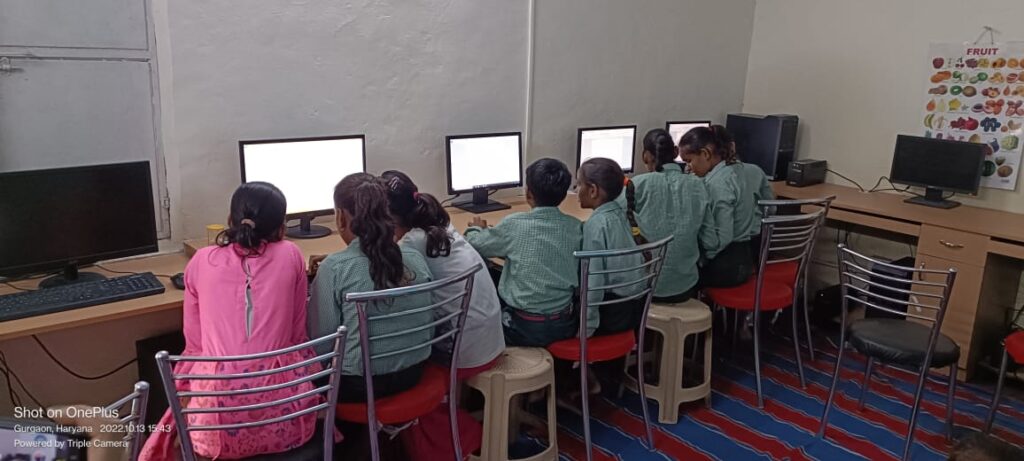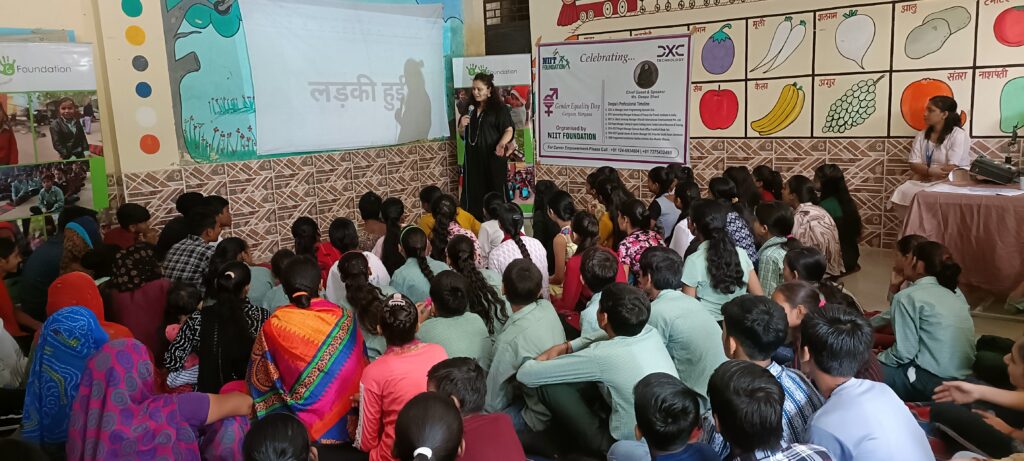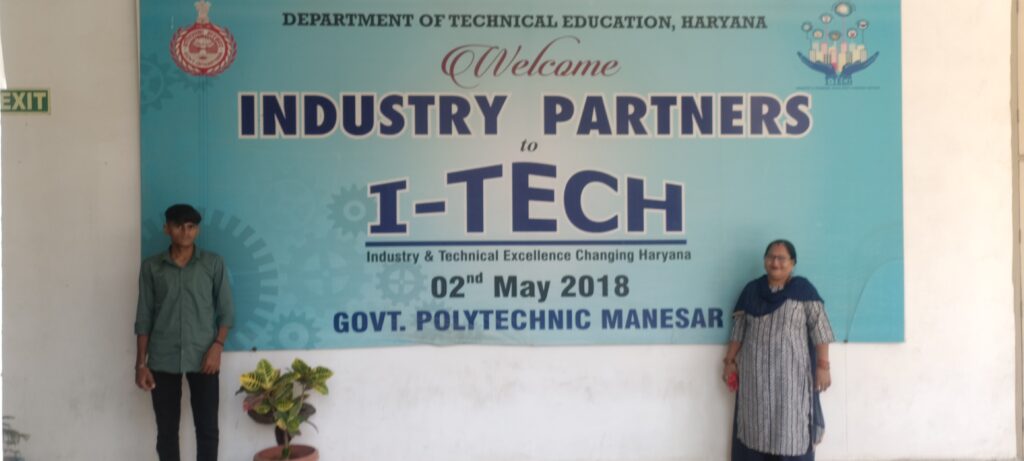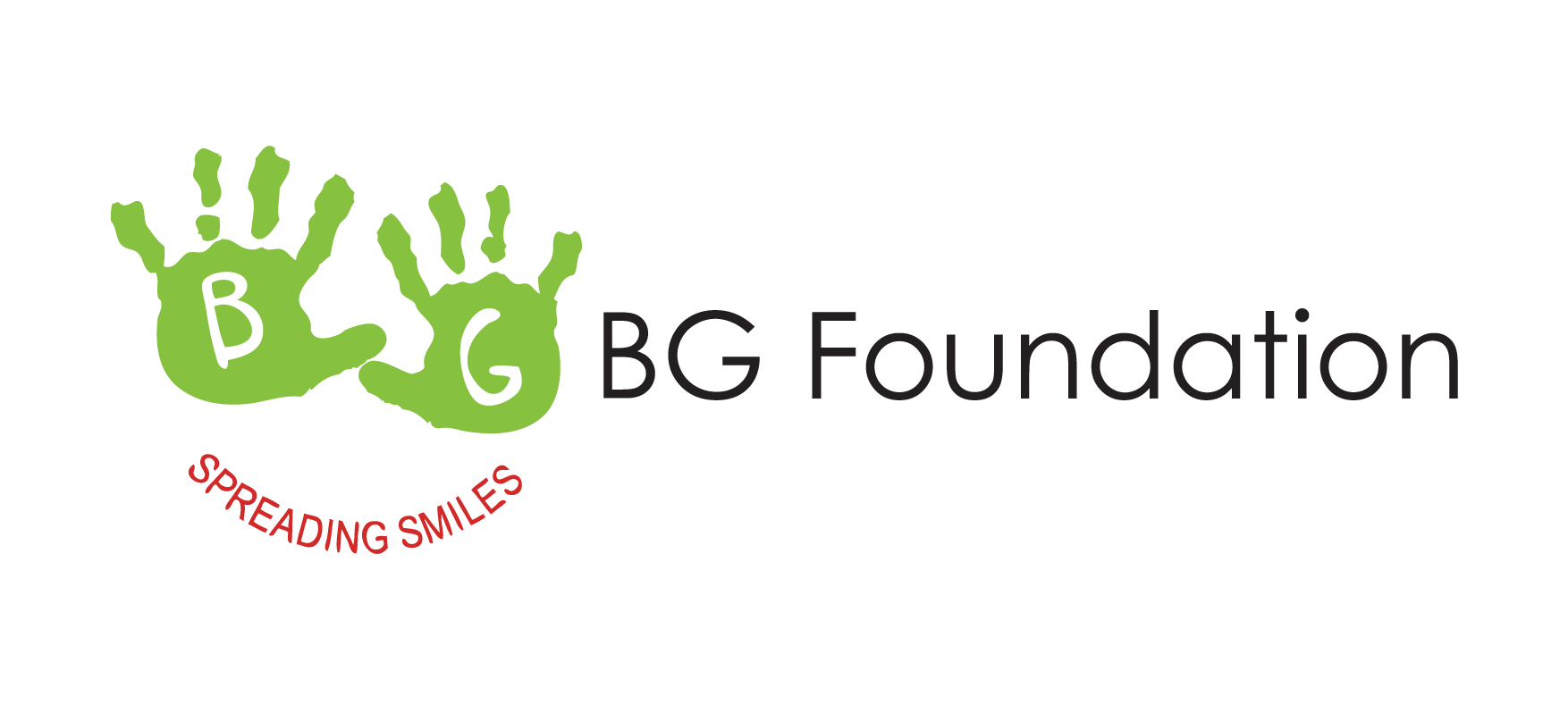
Unlocking Potential: How Education is Changing the Lives of Underprivileged Youth
Education has long been recognized as a powerful tool for social mobility and breaking the cycle of poverty. It has the potential to transform lives, communities, and even entire nations. Education not only equips individuals with knowledge and skills, but it also empowers them to make informed decisions, pursue their dreams, and contribute to the economic growth and development of their societies.
The impact of education on economic growth and development cannot be overstated. Studies have consistently shown that countries with higher levels of education tend to have higher levels of economic productivity and innovation. Education provides individuals with the necessary skills to participate in the workforce, which in turn leads to higher incomes and improved living standards. Moreover, education fosters critical thinking, problem-solving, and creativity, which are essential for driving innovation and entrepreneurship.
Education also plays a crucial role in breaking the cycle of poverty. It provides individuals with the knowledge and tools they need to escape poverty and improve their lives. By acquiring an education, individuals gain access to better job opportunities, higher wages, and improved social mobility. Education also helps individuals develop important life skills such as communication, teamwork, and resilience, which are essential for navigating the challenges of life.
Access to Education: The Key to Unlocking Potential for Underprivileged Youth
Access to education is particularly crucial for underprivileged youth who often face numerous barriers in pursuing their education. For these young people, education represents a lifeline that can help them escape the cycle of poverty and create a better future for themselves and their families.
Education has a transformative impact on the lives of underprivileged youth. It provides them with opportunities for personal growth, empowerment, and social mobility. Education equips them with the knowledge and skills they need to overcome adversity, make informed decisions, and pursue their dreams. It also helps them develop important life skills such as critical thinking, problem-solving, and communication, which are essential for success in the modern world.
However, underprivileged youth often face significant challenges in accessing education. These challenges can include financial constraints, lack of infrastructure, discrimination, and social barriers. Many underprivileged youth come from marginalized communities where access to quality education is limited or non-existent. They may lack the necessary resources such as textbooks, school supplies, and transportation to attend school. Moreover, they may face discrimination and social stigma that prevents them from fully participating in the educational system.
Overcoming Barriers: Addressing Challenges Faced by Underprivileged Youth in Education
Addressing the barriers to education faced by underprivileged youth requires a multi-faceted approach that involves various stakeholders including governments, civil society organizations, and communities. Strategies for overcoming these barriers include improving access to education through targeted interventions, providing financial support to underprivileged youth, and addressing systemic issues such as discrimination and social stigma.
Governments play a crucial role in addressing the barriers to education faced by underprivileged youth. They have a responsibility to ensure that all children have equal access to quality education. This can be achieved through policies and programs that prioritize the needs of underprivileged youth, provide financial support for their education, and address systemic issues such as discrimination and social stigma. Governments can also invest in infrastructure development, teacher training, and curriculum reform to improve the quality of education.
Civil society organizations also play a vital role in addressing the challenges faced by underprivileged youth in accessing education. These organizations can provide financial support, scholarships, and mentorship programs to underprivileged youth. They can also advocate for policy changes and raise awareness about the importance of education for underprivileged youth. Moreover, civil society organizations can work with communities to address systemic issues such as discrimination and social stigma.
Innovative Approaches: How Education is Being Redefined to Meet the Needs of Underprivileged Youth

Innovative approaches to education are being developed to meet the unique needs of underprivileged youth. These approaches leverage technology, non-traditional education models, and community-based initiatives to provide quality education to underprivileged youth.
Technology has the potential to revolutionize education by providing access to quality educational resources and tools. Online learning platforms, mobile applications, and digital libraries can provide underprivileged youth with access to educational materials and resources that were previously unavailable to them. Moreover, technology can facilitate personalized learning experiences, allowing students to learn at their own pace and in their own time.
Non-traditional education models are also being developed to meet the needs of underprivileged youth. These models focus on experiential learning, project-based learning, and vocational training. They provide practical skills and knowledge that are relevant to the job market and empower underprivileged youth to become self-sufficient and economically independent.
Community-based initiatives are another innovative approach to education for underprivileged youth. These initiatives involve collaboration between schools, parents, community organizations, and local businesses to provide holistic support to underprivileged youth. They focus on creating a supportive and nurturing environment that fosters learning, personal growth, and social development.
Empowering Communities: The Role of Local Institutions in Supporting Education for Underprivileged Youth

Community involvement is crucial in supporting education for underprivileged youth. Local institutions such as schools, community centers, and non-profit organizations play a vital role in providing educational opportunities, resources, and support to underprivileged youth.
These local institutions can provide after-school programs, tutoring services, mentorship programs, and extracurricular activities that enhance the educational experience of underprivileged youth. They can also collaborate with parents and families to create a supportive home environment that encourages learning and academic success.
Moreover, local institutions can work with businesses and employers to provide internship opportunities, job training programs, and career guidance to underprivileged youth. By forging partnerships with local businesses, these institutions can help underprivileged youth develop the skills and knowledge they need to succeed in the job market.
Changing Mindsets: How Education is Challenging Negative Stereotypes and Breaking Down Barriers
Education has a transformative impact on changing mindsets and challenging negative stereotypes. It provides individuals with the knowledge and tools they need to challenge societal norms, question stereotypes, and advocate for social change.
Education helps individuals develop critical thinking skills, which enable them to question existing beliefs and challenge stereotypes. By exposing individuals to diverse perspectives, cultures, and ideas, education broadens their horizons and fosters empathy, tolerance, and understanding.
Moreover, education empowers individuals to become agents of change in their communities. By equipping them with knowledge, skills, and confidence, education enables individuals to challenge discriminatory practices, advocate for social justice, and promote equality.
Building Resilience: The Impact of Education on the Mental Health and Well-being of Underprivileged Youth
Education has a significant impact on the mental health and well-being of underprivileged youth. It provides them with a sense of purpose, belonging, and hope for the future. Education also equips them with important life skills such as resilience, problem-solving, and coping mechanisms that help them navigate the challenges of life.
By providing underprivileged youth with access to education, we can help them develop the skills and knowledge they need to overcome adversity and build resilience. Education provides a safe and supportive environment where underprivileged youth can learn, grow, and develop important life skills.
Moreover, education plays a crucial role in addressing mental health issues among underprivileged youth. By promoting mental health awareness, providing counseling services, and creating supportive learning environments, education can help underprivileged youth overcome mental health challenges and thrive academically.
Developing Skills: How Education is Equipping Underprivileged Youth for Success in the Job Market
Skills development is a crucial component of education for underprivileged youth. By equipping them with the necessary skills, education prepares underprivileged youth for success in the job market and empowers them to become economically independent.
Education provides underprivileged youth with the knowledge and skills they need to compete in the job market. It equips them with technical skills, problem-solving skills, communication skills, and critical thinking skills that are highly valued by employers.
Moreover, education helps underprivileged youth develop important soft skills such as teamwork, leadership, and adaptability. These skills are essential for success in the modern workplace, where collaboration, innovation, and flexibility are highly valued.
By providing underprivileged youth with access to quality education, we can help them develop the skills they need to secure stable employment, earn higher wages, and improve their living standards.
Fostering Creativity: The Role of Arts and Culture in Education for Underprivileged Youth

Arts and culture play a crucial role in education for underprivileged youth. They provide a platform for self-expression, creativity, and innovation. Arts and culture also foster a sense of identity, belonging, and pride among underprivileged youth.
By incorporating arts and culture into education, we can provide underprivileged youth with opportunities for self-expression and creativity. Arts education helps underprivileged youth develop important skills such as problem-solving, critical thinking, and communication. It also fosters a sense of self-confidence and self-esteem among underprivileged youth.
Moreover, arts and culture provide a means for underprivileged youth to explore their cultural heritage, express their identity, and celebrate their diversity. By incorporating arts and culture into education, we can promote inclusivity, diversity, and social cohesion among underprivileged youth.
Collaborative Efforts: The Importance of Partnerships in Supporting Education for Underprivileged Youth

Partnerships are crucial in supporting education for underprivileged youth. Collaboration between governments, civil society organizations, businesses, communities, and educational institutions is essential for creating a holistic and sustainable approach to education.
Public-private partnerships play a vital role in supporting education for underprivileged youth. By leveraging the resources, expertise, and networks of both the public and private sectors, these partnerships can provide underprivileged youth with access to quality education, financial support, mentorship programs, and job opportunities.
Moreover, partnerships between educational institutions and communities can create a supportive and nurturing environment for underprivileged youth. By working together, these institutions can provide underprivileged youth with access to educational resources, extracurricular activities, and mentorship programs that enhance their educational experience.
Collaborative efforts also help address systemic issues such as discrimination, social stigma, and lack of infrastructure. By bringing together various stakeholders, these efforts can advocate for policy changes, raise awareness about the importance of education for underprivileged youth, and mobilize resources to address the barriers to education.
The Transformative Power of Education in Unlocking the Potential of Underprivileged Youth
Education has the power to transform lives, communities, and even entire nations. It is a powerful tool for social mobility and breaking the cycle of poverty. By providing underprivileged youth with access to quality education, we can unlock their potential and empower them to create a better future for themselves and their communities.
Access to education is crucial for underprivileged youth as it provides them with opportunities for personal growth, empowerment, and social mobility. However, underprivileged youth often face significant barriers in accessing education. These barriers can include financial constraints, lack of infrastructure, discrimination, and social stigma.
Addressing these barriers requires a multi-faceted approach that involves various stakeholders including governments, civil society organizations, businesses, communities, and educational institutions. Strategies for overcoming these barriers include improving access to education through targeted interventions, providing financial support to underprivileged youth, addressing systemic issues such as discrimination and social stigma, leveraging technology and non-traditional education models, fostering community involvement in education, challenging negative stereotypes, addressing mental health issues, developing skills, promoting arts and culture, and fostering collaborative efforts.
By investing in education for underprivileged youth, we can break the cycle of poverty, promote social mobility, and create a more equitable and inclusive society. Education is not only a fundamental human right but also a powerful tool for social change. It is our collective responsibility to ensure that all children have equal access to quality education and the opportunity to unlock their full potential.


